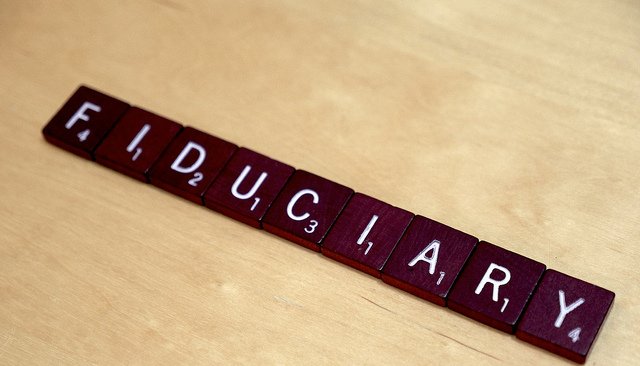Learn how to get what you’re entitled to under your homeowners insurance policy.
Whether you’re dealing with damage from a small water leak or a full-blown natural disaster, you may need to file a claim with your homeowners insurance company. But having to deal with your insurer is often just as traumatic as the incident that originally caused the claim. So before you do, consider whether you should file that claim. (There are times when it’s best to not file a claim.) And, if you should, be sure you understand how to file a claim.
But what happens if you’ve followed these guidelines and the offer you receive from your insurance company won’t come close to covering your repair or replacement costs? There are ways to ensure you get the most from your insurance claim. Here’s how.
Don’t take no for an answer. If a portion—or all—of your claim is rejected, don’t assume that the damage must not be covered. If the issue on your claim isn’t specifically covered (say, mold), the cause of that issue may be (like a water leak). If you can, take photos or video of the cause of the issue and send it to your insurance agent. Then ask for another review of your claim.
Contact your state’s insurance department. Each state has a free service to help homeowners navigate the claims process to ensure you’re receiving the full benefits of your policy. Take advantage of this help, and let your insurance company know that you are. Sometimes just the threat of this action is enough to get your insurance company to take another look at your claim. Find information about your state’s insurance department on the National Association of Insurance Commissioners website.
Don’t deposit that check…yet. Before you deposit any check provided to you by your insurance company, be sure to review the adjuster’s report carefully. Adjusters use a computer program to estimate replacement costs, which are based on averages. If you live in a high-cost area, labor for your contractors—as well as supplies—could easily exceed this average. If this is the case, return the check and ask your insurer to revise their report based on actual costs for your area.
Use a public adjuster, but proceed with caution. If you don’t feel you’re getting a fair shake with your insurer’s adjuster, you can hire your own. Public adjusters (PAs) help document the damage to your home, research replacement cost information and negotiate with your insurance company. They typically charge a percentage of your settlement proceeds, or an hourly wage, but can be a significant help in navigating the claims process for you. Before hiring a public adjuster, however, try working with your insurance company on your own. If you do need to hire a PA, ask for client references and make sure they are licensed with your state insurance department.
Hire an attorney. If all else fails, consider hiring a “plaintiff’s insurance” attorney. You’ll need an attorney who specializes in this area of the law in order to wage a fair battle with your insurance company’s lawyers. Many attorneys are paid only when you are, and receive a percentage of your settlement proceeds. Check with your state bar association for attorney referrals in this area of the law, and be sure to ask for and follow-up on client references before hiring any attorney.
Need to purchase a homeowners insurance policy? Find out what you need to know.
This article contains general information. Individual situations are unique.
Related Articles
- How To File A Homeowners Insurance Claim
- Homeowners insurance: What you need to know
- Homeowners insurance Guide
- The value of home maintenance
- Affordable Solar Options
- 8 Ways to Winterize Your Home
- Home Maintenance Checklist
- Homeowners Insurance: 12 Ways To Save!
- How to Buy a HUD Home
- How to Sell Your Home In a Down Market
- Do You Qualify for an FHA Loan?
 Print
Print Email
Email









